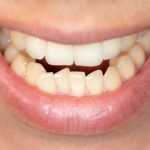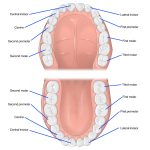Expert Advice: How Often Should You Clean Your Dog’s Teeth?
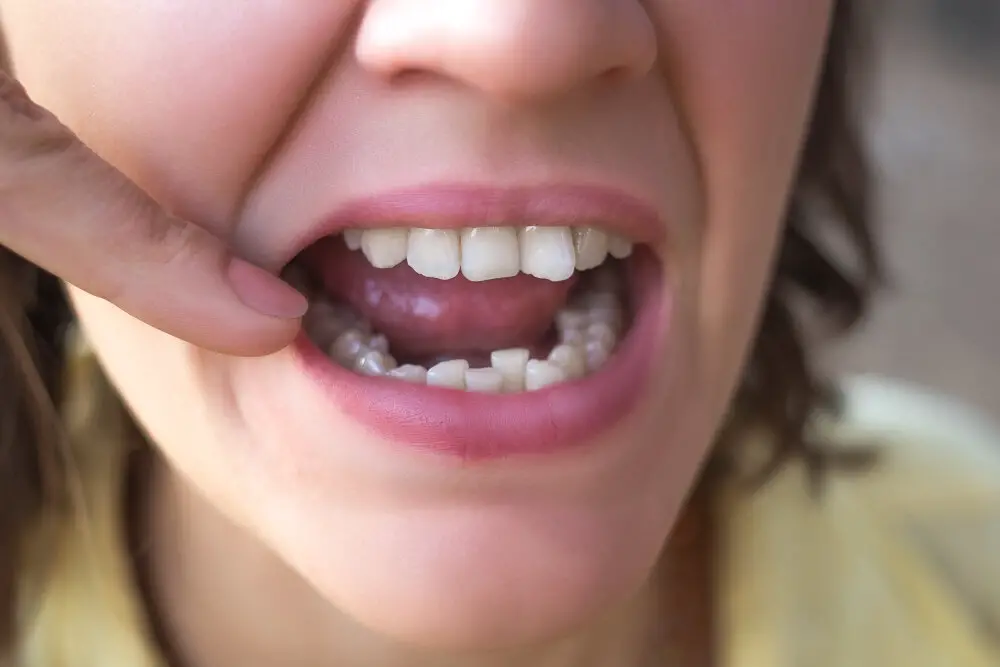
As a dog owner, you know how important it is to take care of your furry friend’s health. You make sure they get enough exercise, feed them a balanced diet, and take them to the vet regularly. But have you ever considered the importance of your dog’s dental health? Just like humans, dogs can suffer from a range of dental problems, including gum disease, tooth decay, and bad breath. To prevent these issues and ensure your dog’s teeth and gums stay healthy, it’s essential to clean their teeth regularly. But how often should you clean your dog’s teeth? In this expert advice, we’ll explore the recommended frequency for cleaning your dog’s teeth and why it’s so important for their overall health and wellbeing. Dental care is often overlooked when it comes to pet care, but it’s just as crucial as any other aspect of your dog’s health. Poor dental hygiene can lead to various health problems, including infections, tooth loss, and even heart disease. Regularly cleaning your dog’s teeth can help prevent dental issues and maintain their overall health. However, the frequency at which you should clean your dog’s teeth depends on various factors, including their breed, age, and diet. In the following discussion, we’ll delve into these factors and provide recommendations for how often you should clean your dog’s teeth based on their individual needs.
Maintaining good dental hygiene for dogs is crucial for their overall health and well-being. Poor oral hygiene can lead to a variety of health issues such as bad breath, gum disease, tooth decay, and even heart disease. Regular brushing of their teeth can help prevent the buildup of plaque and tartar, which can cause inflammation and infection in the gums. Additionally, providing them with dental chews or bones can help remove food particles and bacteria from their teeth, reducing the risk of dental problems. Neglecting the dental health of your furry friend can lead to costly and painful dental procedures, so it’s important to incorporate dental care into their regular grooming routine.
Neglecting dental care for your furry friend can lead to several risks and complications that can severely impact their overall health. Poor dental hygiene can cause gum disease, tooth decay, and bad breath, leading to discomfort and pain in your dog. Additionally, if left untreated, dental issues can also lead to more serious health problems, such as heart disease and kidney infections. To avoid these risks, it is essential to prioritize regular dental cleanings and preventative care for your furry friend, including brushing their teeth and providing them with dental chews and toys. By taking care of your dog’s dental health, you can ensure their overall well-being and provide them with a happy and healthy life.
Factors that affect the frequency of dental cleaning

There are several factors that can affect the frequency of dental cleaning in dogs. Firstly, age is an important factor. Puppies may not require frequent dental cleaning as their teeth are still developing and they are still learning to chew properly. However, as dogs get older, their teeth become more prone to dental problems such as tartar buildup and gum disease, which may require more frequent cleaning. Additionally, the breed of dog can play a role in dental cleaning frequency. Certain breeds such as toy breeds and brachycephalic breeds may be more prone to dental problems due to their smaller mouths and crowded teeth, which may require more frequent cleaning. Another factor that affects the frequency of dental cleaning is diet. A diet high in carbohydrates and sugars can lead to the formation of plaque and tartar on the teeth, which can lead to dental problems such as gum disease and tooth decay. Therefore, dogs on a high-carbohydrate or sugary diet may require more frequent dental cleaning than those on a healthier, protein-based diet. Additionally, the use of dental chews and toys can also affect the frequency of dental cleaning required. Dogs that are provided with dental chews and toys on a regular basis may require less frequent dental cleaning as these items can help to remove plaque and tartar from the teeth. Overall, it is important to speak with a veterinarian to determine the appropriate frequency of dental cleaning for your dog based on their individual needs and circumstances.
The age of the dog plays a significant role in determining the frequency of teeth cleaning. Younger dogs may not require as much dental care as older dogs, as their teeth are still developing and less prone to tartar buildup. However, as dogs age, their teeth become more susceptible to decay, gum disease, and other dental problems. Older dogs may require more frequent dental cleanings, as well as regular at-home care, to maintain their oral health. It is important for dog owners to work closely with their veterinarian to develop a dental care plan that meets their dog’s individual needs, taking into account factors such as age, breed, diet, and overall health.
Diet and eating habits play a crucial role in the overall health and well-being of your furry friend. A balanced and nutritious diet is essential for maintaining healthy teeth and gums in dogs. A diet rich in protein, vitamins, and minerals helps to strengthen teeth and promote healthy gum tissue. It is also important to monitor your dog’s eating habits and ensure they are not overeating or consuming foods that are harmful to their dental health, such as sugary or processed foods. Regular dental check-ups and cleanings by a veterinarian can also help identify potential issues early on and prevent more serious dental problems from developing.
Breed and genetics play a significant role in the dental health of dogs. Certain breeds are more prone to dental issues due to their genetics, such as small dogs that have overcrowded teeth. It is important for pet owners to research their dog’s breed and understand the specific dental needs and risks associated with that breed. Regular dental cleaning and maintenance can help prevent dental issues, but genetics should also be taken into consideration when developing a dental care plan for your furry friend.
Existing dental problems in dogs can lead to a variety of health issues and discomfort. Common dental problems include periodontal disease, tooth decay, and broken teeth. These issues can cause pain, difficulty eating, and even infections that can spread to other parts of the body. It is important for pet owners to regularly inspect their dog’s teeth and gums, and to schedule regular dental cleanings with a veterinarian. In addition, providing dogs with dental chews and toys can help promote healthy teeth and gums by reducing plaque buildup and strengthening the jaw muscles. By addressing dental problems early on, pet owners can help ensure their dogs remain healthy and happy for years to come.
Signs that your dog needs dental cleaning
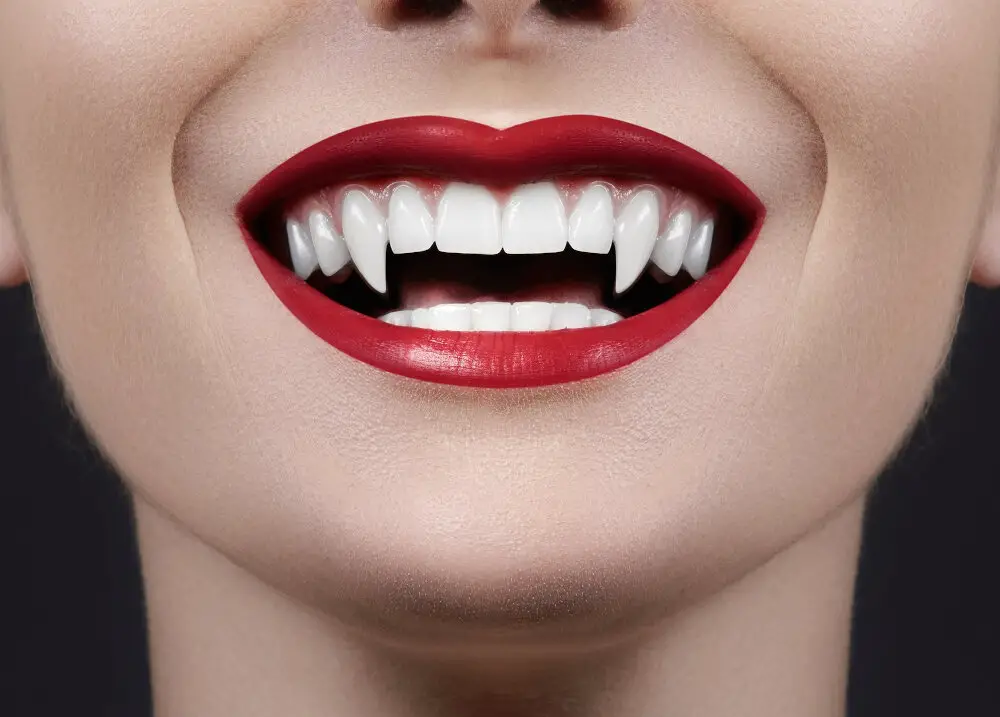
Dental hygiene is important not only for humans but also for their furry companions. However, unlike humans, dogs cannot brush their teeth themselves, and as a result, their dental hygiene often goes neglected. As a responsible pet owner, you should keep an eye out for signs that your dog needs dental cleaning. One of the most obvious signs is bad breath. While it’s normal for dogs to have some degree of bad breath, if it’s particularly strong or persistent, it could indicate that dental cleaning is necessary. Other signs include yellow or brown teeth, inflamed gums, and tartar buildup. If you notice any of these signs, it’s important to take your dog to the vet for a dental checkup. Regular dental cleaning is essential for your dog’s overall health. Poor dental hygiene can lead to a wide range of health problems, including gum disease, tooth loss, and even heart disease. To prevent these problems, it’s recommended that you clean your dog’s teeth at least once a week. This can be done with a special dog toothbrush and toothpaste, which can be purchased from your local pet store. However, if your dog already has dental problems, you may need to take them to the vet for a professional cleaning. By keeping your dog’s teeth clean and healthy, you can ensure that they live a long and happy life.
Bad breath is a common issue among dogs, and it can be an indicator of poor oral hygiene or underlying health problems. Halitosis can result from the accumulation of bacteria and food particles in the mouth, leading to plaque and tartar buildup, gum disease, and tooth decay. Other factors that can contribute to bad breath in dogs include poor diet, dehydration, and systemic diseases such as kidney or liver failure. To prevent bad breath and maintain your dog’s oral health, it’s important to establish a regular dental care routine that includes brushing, dental chews, and regular checkups with a veterinarian.
Yellow or brown teeth in dogs can be a sign of poor dental hygiene. Tartar buildup, which is a common cause of discolored teeth, can lead to tooth decay and gum disease if left untreated. It’s important to regularly clean your dog’s teeth to prevent these issues. This can be done through daily brushing, veterinary cleanings, and providing dental chews or toys. Neglecting your dog’s dental health can not only lead to discomfort and tooth loss, but it can also increase the risk of other health problems such as heart disease and kidney damage. So, make sure to pay attention to your dog’s teeth and take the necessary steps to keep them clean and healthy.
Swollen or bleeding gums are a common sign that your dog needs dental care. Gum disease is caused by the buildup of plaque and bacteria in your dog’s mouth, which can lead to inflammation of the gums and erosion of the teeth. If left untreated, gum disease can cause tooth loss, infections, and even serious health problems. To prevent these issues, it’s important to clean your dog’s teeth regularly. This can be done with a toothbrush and toothpaste designed for dogs, or with dental chews and toys that help remove plaque and massage the gums. Regular dental cleanings by a veterinarian are also recommended to ensure your dog’s teeth and gums stay healthy and strong.
Difficulty eating or loss of appetite can be a concerning issue for dog owners. It can be caused by a variety of factors such as dental problems, digestive issues, or even underlying illnesses. If your dog is experiencing difficulty eating or has lost their appetite, it is important to take action promptly. Ignoring the issue can lead to further complications and even malnutrition. Regular dental cleanings can help prevent dental issues that can cause difficulty eating, but it is important to consult with your veterinarian if your dog shows signs of a loss of appetite or other concerning symptoms.
Excessive drooling in dogs can be a sign of several underlying conditions, including dental problems. A dog’s mouth is full of bacteria that can cause gum disease and tooth decay, leading to discomfort and pain that may result in excessive drooling. Other possible causes of excessive drooling include nausea and anxiety, which can be caused by several factors such as gastrointestinal issues or loud noises. If you notice excessive drooling in your dog, it is essential to consult your veterinarian to rule out any dental or other medical issues and to establish a dental care routine to prevent further complications. Regular dental cleanings and check-ups can help keep your dog’s teeth and gums healthy and prevent excessive drooling.
How often should you clean your dog’s teeth?
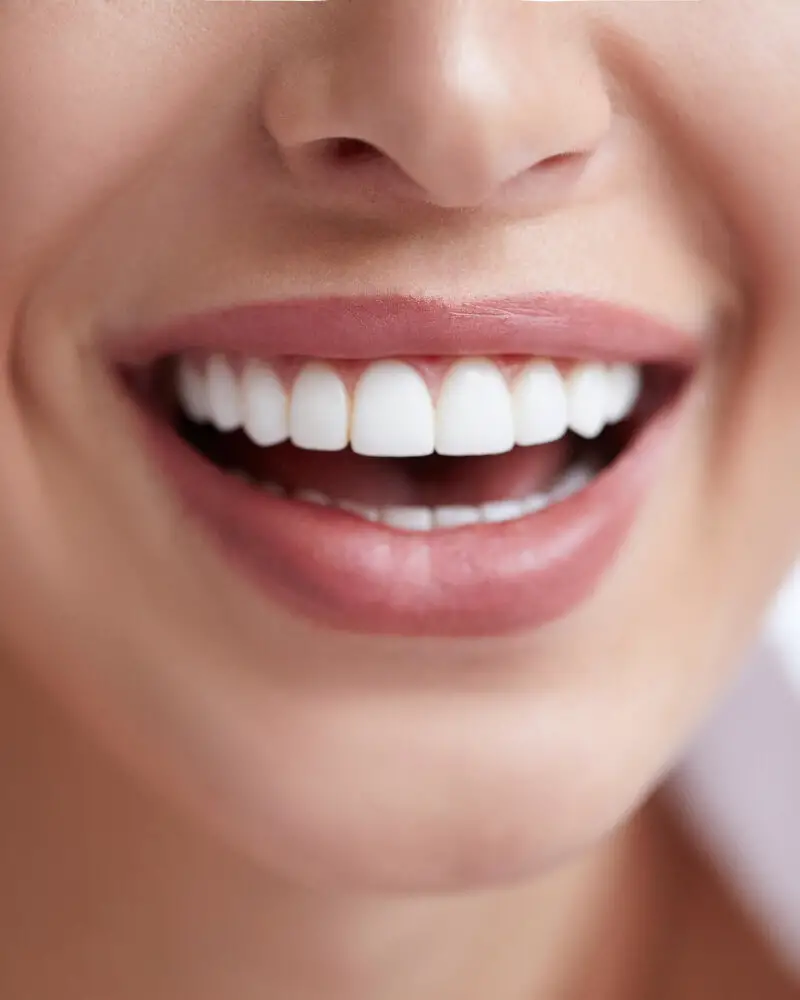
Maintaining good dental hygiene for your furry friend is essential for their overall health and well-being. Just like humans, dogs need to have their teeth cleaned regularly to prevent tartar buildup, bad breath, and gum disease. As a responsible pet owner, it’s crucial to know how often you should clean your dog’s teeth to maintain good oral health. Generally, dogs should have their teeth cleaned once every six months to a year. However, the frequency of cleaning may vary depending on the individual dog’s dental health. Some dogs are prone to dental issues, while others may have healthier teeth and gums. If your dog has a history of dental problems or is showing signs of gum disease, such as bleeding gums or bad breath, it’s best to consult with your veterinarian for tailored advice on how often to clean their teeth. Additionally, regular tooth brushing, dental chews, and a healthy diet can help improve your dog’s dental health and reduce the need for frequent cleanings.
Veterinarians recommend that dog owners should clean their dog’s teeth daily to maintain good oral hygiene. Daily brushing helps to prevent the buildup of plaque, tartar, and gum disease, which can cause pain and tooth loss. Regular dental cleanings by a veterinarian are also recommended to remove any stubborn tartar buildup, as well as to check for any signs of dental problems that may require further treatment. Additionally, a balanced diet, chew toys, and regular inspections of your dog’s teeth and gums are important components of maintaining good oral health for your furry friend. By following these recommendations, you can help ensure that your dog stays healthy and happy for years to come.
When it comes to deciding on the frequency of dental cleaning for your dog, there are several factors to consider. One of the most important is your dog’s age, as older dogs tend to require more frequent cleanings due to a lifetime of wear and tear on their teeth. Another important factor is your dog’s individual dental health, as dogs with pre-existing dental conditions or a history of dental problems may require more frequent cleanings as well. Additionally, the type of food your dog eats, as well as their chewing habits and overall oral hygiene, can also impact how often they need their teeth cleaned. Ultimately, it’s important to work closely with your veterinarian to determine the ideal cleaning schedule for your dog, based on their unique needs and overall health.
There are several methods of dental cleaning for dogs, including brushing their teeth with special dog toothpaste and toothbrush, providing dental chews or toys to help remove plaque and tartar, and professional dental cleanings performed by veterinarians. Regular brushing is the most effective way to maintain good oral hygiene in dogs, but it may take time for your furry friend to get used to the process. Dental chews and toys can be a helpful supplement to brushing, but they should not be relied on as the sole method of dental care. Professional cleanings are recommended for dogs with severe dental issues or those who are prone to dental problems. It is important to consult with your veterinarian to determine the best dental cleaning regimen for your furry friend.
Preventive measures to maintain your dog’s dental health
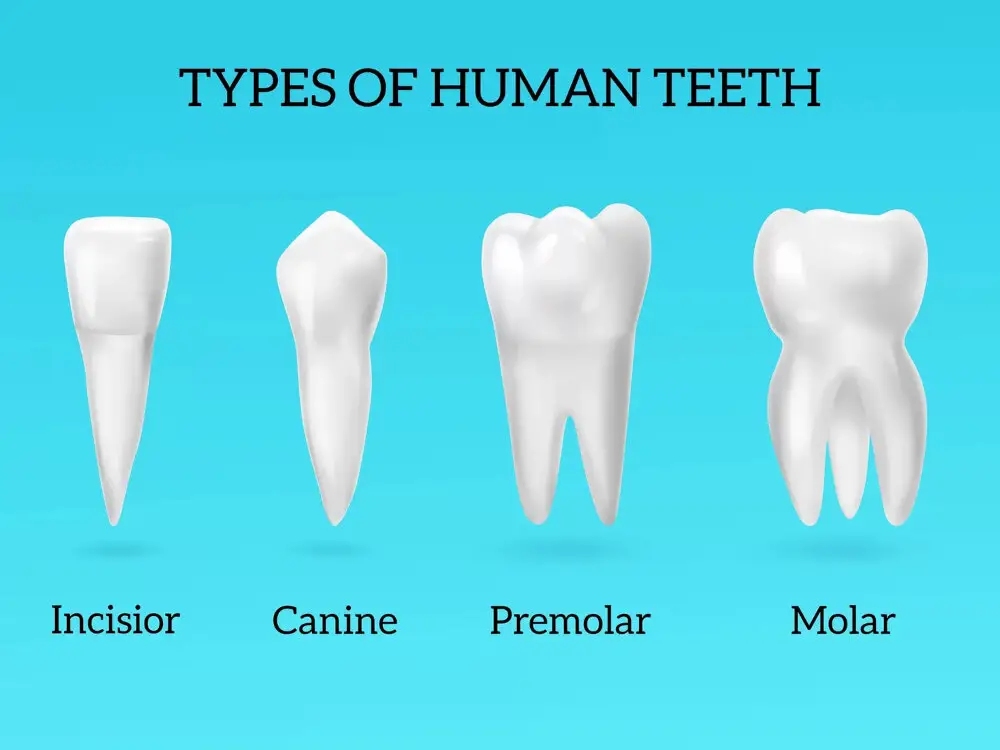
Maintaining your dog’s dental health is crucial to their overall well-being. Just like humans, dogs can suffer from tooth decay, gum disease, and other oral health issues that can lead to systemic health problems. Preventive measures can help keep your pup’s teeth and gums healthy, and there are several things you can do to maintain your dog’s dental health. One of the most important preventive measures is regular tooth brushing. This can help remove plaque and prevent the buildup of tartar, which can lead to gum disease and tooth decay. You should aim to brush your dog’s teeth at least once a day with a toothbrush and toothpaste made for dogs. Additionally, providing your dog with chew toys and bones can help keep their teeth clean and strong. Just be sure to choose toys that are appropriate for your dog’s size and chewing habits, as some toys can be too hard and cause damage to teeth. Finally, scheduling regular dental checkups with your veterinarian can help catch any oral health issues early and prevent them from becoming more serious problems. By following these preventive measures, you can help maintain your dog’s dental health and keep them happy and healthy for years to come.
Brushing your dog’s teeth regularly is an essential part of their overall health and well-being. Neglecting their dental hygiene can lead to a host of dental problems, such as plaque buildup, gum disease, and even tooth loss. By incorporating a regular teeth-cleaning routine into your dog’s grooming routine, you can help prevent these issues and ensure that they maintain healthy teeth and gums. Not only does this benefit their oral health, but it can also have a positive impact on their overall health, as poor dental hygiene has been linked to systemic health problems in dogs. So, make sure to invest in a good quality toothbrush and toothpaste designed specifically for dogs and brush their teeth at least two to three times a week to keep those pearly whites shining and their breath smelling fresh.
Providing dental chews and toys for dogs is an excellent way to help maintain their oral hygiene. Not only do these products promote healthy teeth and gums, but they also provide mental stimulation and entertainment for our furry friends. Dental chews, such as rawhide bones or rubber toys, work to scrape away plaque and tartar buildup as dogs chew on them. Toys like Kong toys or rope toys can also help clean teeth by massaging gums and removing food particles. It’s important to note that not all dental chews and toys are created equal, and it’s essential to choose products that are appropriate for your dog’s size and chewing style. Additionally, it’s crucial to supervise your dog while they play with these items to ensure their safety and prevent choking hazards.
Feeding a balanced diet is crucial for maintaining overall health and wellness in dogs. A balanced diet should include a proper balance of high-quality protein, fats, carbohydrates, vitamins, and minerals. It is essential to choose food that suits your dog’s age, size, and breed. Feeding your dog with an unbalanced diet or low-quality food may cause various health problems, including obesity, dental problems, and digestive issues. Therefore, it is recommended to consult with a veterinarian to determine the best diet for your dog, as well as the appropriate portion sizes and feeding schedule. By providing a balanced diet, you can help ensure that your dog stays healthy and happy for years to come.
Regular veterinary checkups are crucial for the overall health and wellbeing of your furry friend. A comprehensive physical examination, including dental checkups, can help detect any underlying health issues early on and prevent them from worsening. Dental hygiene is equally important and often overlooked. Dental problems can lead to a range of issues, from bad breath to serious infections that can spread to other parts of the body. Regular teeth cleaning can prevent these problems from arising. A veterinarian can advise you on how often your dog needs dental checkups and teeth cleaning, depending on their age, breed, and overall health. By taking your dog for regular checkups, you can ensure they stay healthy and happy for years to come.
Dental hygiene is a crucial aspect of a dog’s overall health and wellbeing. Neglecting dental care can lead to a buildup of plaque and tartar, which can cause bad breath, tooth decay, and gum disease. These oral health issues can cause a great deal of pain and discomfort for your furry friend, making it difficult for them to eat and drink. Additionally, if left untreated, dental problems can lead to more serious health issues, such as infections and even organ damage. Regular dental cleanings, along with daily brushing and healthy dental treats, can help prevent these issues and ensure that your dog’s teeth and gums stay healthy. It is recommended to consult with your veterinarian about the best dental hygiene practices for your dog.
The recommended frequency of dental cleaning for dogs depends on several factors such as age, breed, and diet. However, it is generally recommended that dogs receive dental cleaning at least once a year. Regular dental cleaning can help prevent periodontal disease, which can lead to tooth loss, pain, and infection. Additionally, dental cleaning can help detect any potential dental problems early on, allowing for prompt treatment. Owners should also consider incorporating a dental hygiene routine at home to complement professional cleanings, such as daily brushing and providing dental-friendly treats. Overall, maintaining good dental hygiene is an important aspect of a dog’s overall health and well-being.
Maintaining your furry friend’s dental health is crucial for their overall well-being. Apart from regular brushing, there are a few other things that you can do to keep their teeth healthy. Firstly, ensure that their diet is well-balanced and includes crunchy foods that help clean their teeth. Secondly, provide them with chew toys that help massage their gums and scrape off any tartar build-up. Lastly, schedule regular dental check-ups with your veterinarian, as they can identify any dental issues early on and provide appropriate treatment. With consistent effort and care, you can help your furry friend maintain a healthy and happy smile!
Conclusion
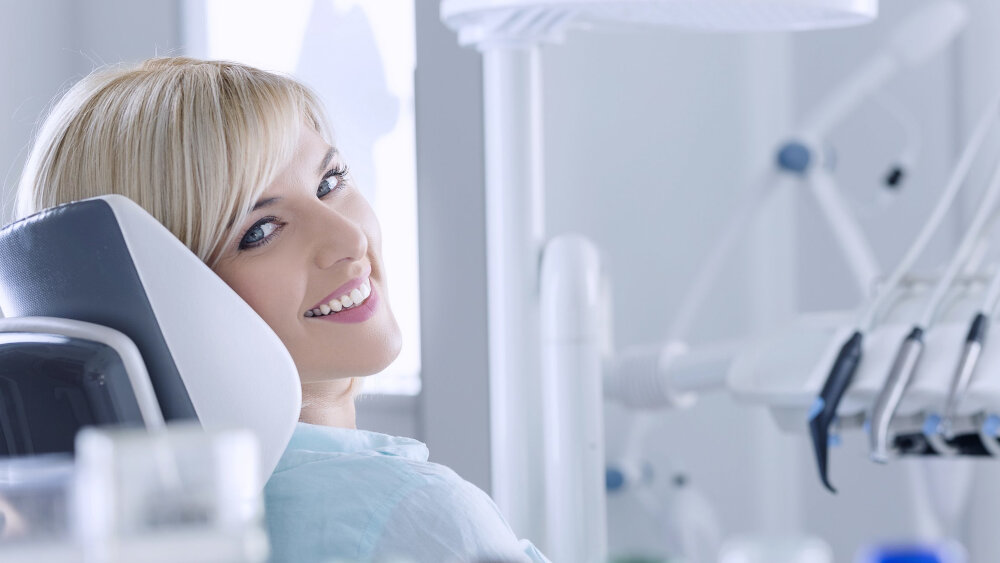
In conclusion, it is highly recommended to clean your dog’s teeth regularly to maintain their overall health and well-being. The frequency of cleaning may vary depending on the breed, size, and age of your dog. However, it is generally suggested to brush their teeth at least two to three times a week with a dog-specific toothbrush and toothpaste. Along with regular dental check-ups with your veterinarian and a healthy diet, proper dental care can prevent dental diseases and improve your furry friend’s quality of life. Neglecting your dog’s dental hygiene can lead to serious health issues, including bacterial infections, pain, and even tooth loss. Therefore, it is crucial to stay on top of your dog’s oral care to ensure they live a happy and healthy life.



